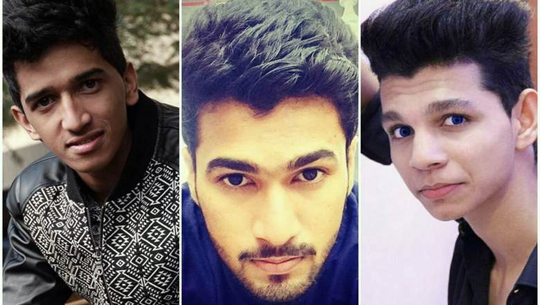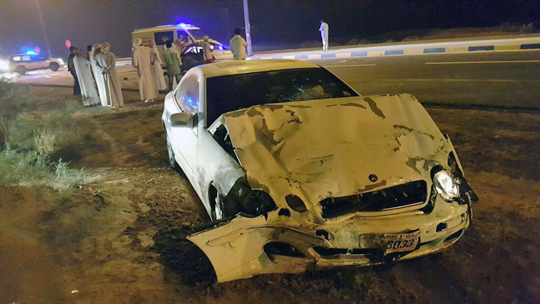Bengaluru, Jan 19: The long-awaited discussions on cabinet expansion finally took place between BJP national president Amit Shah and the state party unit on Saturday, but they produced no result.
Latest indications are that new members will be appointed only after CM BS Yediyurappa returns from Davos, Switzerland, on January 25.
The party held a close-door party meeting at a top hotel in Hubballi. The subject of expanding the cabinet, which currently has 16 vacancies, featured in the talks.
Earlier, Yediyurappa reportedly had a one-on-one with Shah during their 45-minute flight from Bengaluru to Hubballi. He is said to have insisted on accommodating all 11 newly MLAs in the cabinet. These legislators were earlier a part of Congress and JD(S); they contested the December byelections on BJP tickets and won.
This apart, BJP sources said, Yediyurappa and Shah had a brief chat at a private event at Palace Grounds . Separately, Shah, who is the Union home minister, held meetings with Jagadish Shettar, Laxman Savadi and Prahlad Joshi, seeking their views on cabinet expansion.
Shah also wanted to get an idea of what people think about the Yediyurappa government’s performance.
Newly elected MLAs Ramesh Jarkiholi, BC Patil and Srimanth Patil greeted Shah. “We only met him to wish him; we didn’t discuss the cabinet issue. That’s something state BJP members will do,” said Hirekerur legislator BC Patil.
Saturday’s deliberations fail to break the stalemate over the cabinet appointments. There are clear differences in the camp about whether all Congress-JD(S) defectors should be made cabinet members, according to a senior minister attended one such meeting.
Shah reportedly wants only seven to eight newly elected MLAs to be made ministers; the rest of the spots should go to BJP loyalists. Yediyurappa disagrees with this position as he had promised all 13 turncoats places in the cabinet. Two lost in the bypolls.
Shah has now asked Yediyurappa to visit Delhi after returning from Davos to finalise the composition of the cabinet, according to the sources.
Yediyurappa will leave for Davos early on Sunday, while Shah will fly directly to Delhi from Hubballi.









Comments
\\"\"Innalillahi Wa innailaihi rajioon\"\"\"\""
Inna Lillahi Wa Inna Ilaihi Rajihoon
Add new comment